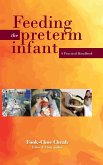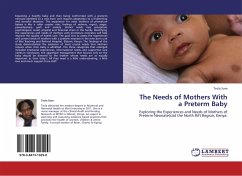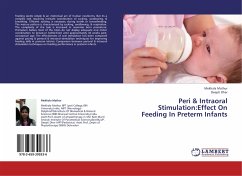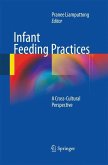The World Health Organization (WHO) reports that an estimated 15 million babies are born preterm annually and this number is rising. Feeding the preterm infant is a challenge. Outside the womb prematurely, normal nutrient delivery through the placenta ceases, and the preterm infant's immature gastrointestinal tract precludes the establishment of enteral feeding, leading to postnatal growth failure in substantial proportions just when preterm infants are ready for discharge. Suboptimal growth in the crucial early years is deemed as leading cause of poor cognitive and developmental outcomes. The availability of parenteral nutrition is essential in the care of these infants. Prompt administration of parenteral nutrition from the first day of life minimizes weight loss and results in better short-term growth. The author, a practicing neonatologist believes that transitioning from parenteral to enteral feeding is best achieved with the use of breast milk. Breast milk also significantly reduces the incidence of a life-threatening bowel disease: necrotizing enterocolitis. However, breast milk has inadequate calories and minerals for the rapidly growing preterm infant, and fortification is necessary to curtail growth restriction development. This book presents unique, real-life scenarios in discussing commonly encountered feeding problems and suggests strategies to enhance nutritional intervention to optimize growth of the preterm infant.
Hinweis: Dieser Artikel kann nur an eine deutsche Lieferadresse ausgeliefert werden.
Hinweis: Dieser Artikel kann nur an eine deutsche Lieferadresse ausgeliefert werden.







